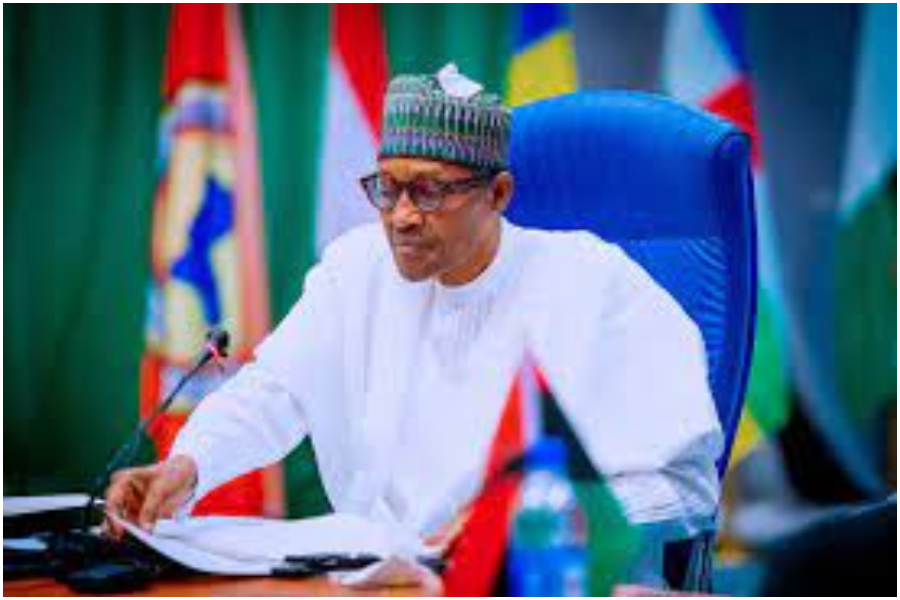Chief Timipre Sylva, the Minister of State for Petroleum Resources, has assured Nigerians of Federal Government’s commitment to ensure affordable cost of energy.
The minister gave the assurance at the 2nd World Energy Day conference organised by the National Chamber Policy Centre of the Abuja Chamber of Commerce and Industry (ACCI) on Tuesday in Abuja.
The conference theme is: “Energy Security and Sustainability in Oil and Gas Sector’’.
Mr Dipo Agboola, an official of the ministry represented the minister, said that the Petroleum Industry Act (PIA) would further support the opening up of the downstream oil sector to ensure affordable energy.
He stressed that the need to unbundle the downstream oil sector was imperative.
We have spent so much on subsidy. However, when the downstream sector is unbundled, more business opportunities would be created.
Initially the challenges might be a bit high, but over time it will definitely be in the best interest of the country.
Take for example, the telecoms sector; when we first had the likes of MTN and Glo coming on board, a SIM card cost N18, 000, but today you can get the SIM card for as low as nothing.
Also, there is now competition in the telecoms sector. So, it is necessary that we ensure that energy is affordable for our citizens.
When energy is affordable, we would have been able to meet some of the Sustainable Development Goals, he said.
The President of ACCI, Dr Al-Mujtaba Abubakar, in his remarks, described energy security as the uninterrupted availability of energy sources at an affordable price which had many aspects.
Long-term energy security mainly deals with timely investments to supply energy in line with economic developments and environmental needs, he said.
Abubakar also noted that Nigeria had been pursuing energy transition to promote economic growth and gradually investing in renewable energies, primarily solar.
This is to reduce carbon emissions while continuing to exploit hydrocarbon resources, especially natural gas, the energy transition fuel for Nigeria.
Energy transition will continue to impact on the ability of Nigeria and oil and gas companies to attract capital.
This is as banks and investors prioritise environmental, social and governance factors and move away from funding hydrocarbon projects, he noted.
Abubakar said the conference would provide better appreciation of government’s efforts to develop the sector, improve private sector investment in clean energy and new insights on national policy on energy transition.
I believe that security in the oil and gas sector will help Nigeria to meet its OPEC daily oil output as well as meet the energy requirements of the country, he said.
